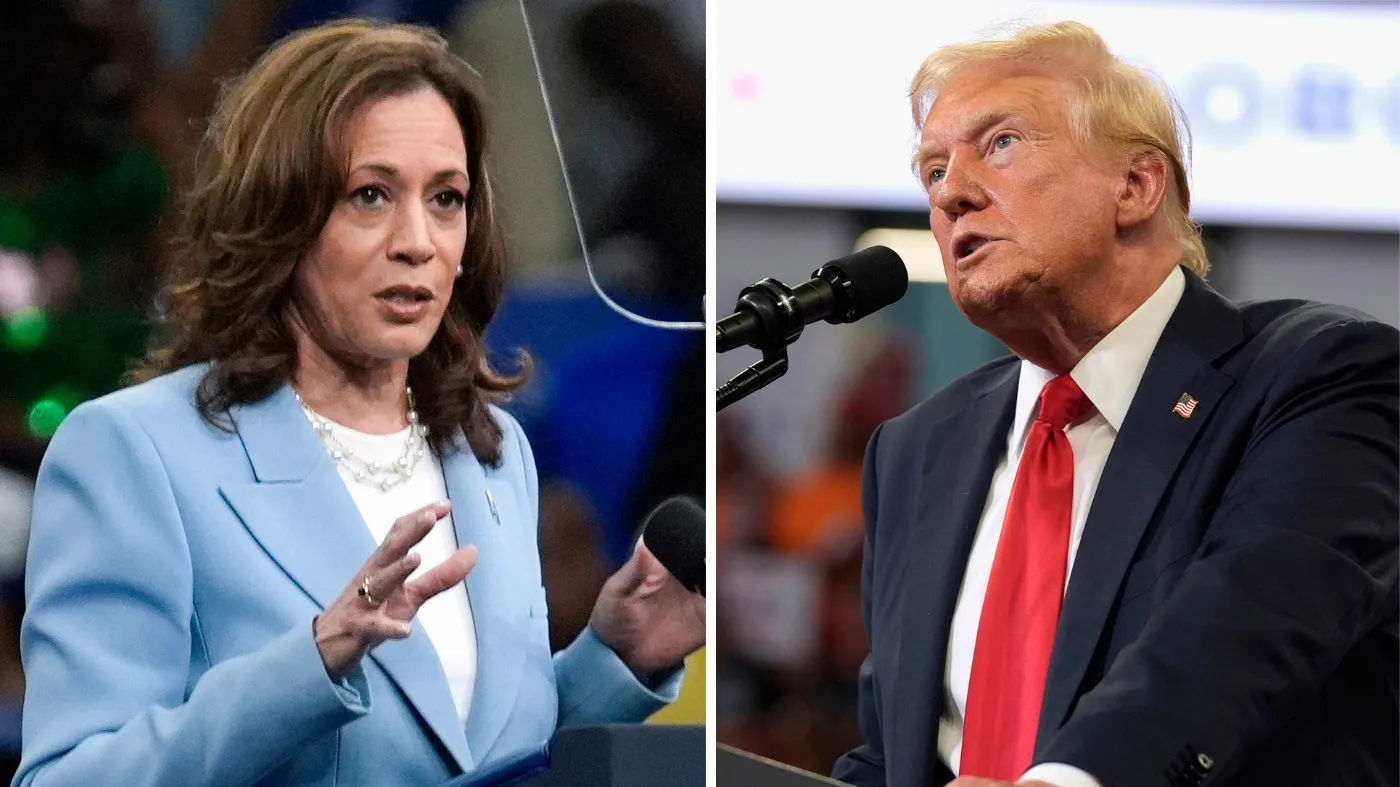How Elections Can Create Financial Crises: The Dangerous Promises of Economic Stimulants

How Elections Can Impact Financial Stability
The connection between elections and financial outcomes is profound. History shows that feel-good economic policies introduced during election cycles can backfire, leading to serious financial crises.
Populist Pledges and Their Consequences
- Politicians, seeking votes, make promises of subsidies, tariffs, and price controls.
- Such measures often prioritize short-term popularity over long-term economic health.
- Past instances highlight how similar policies have contributed to significant downturns.
Lessons from History
Significant historical events like the Great Depression and the 2008 crisis underscore the dangers of mismanaged economic policies.
- The 1929 market crash was compounded by inadequate regulatory responses.
- The 1980s savings and loan collapse was a direct result of interest rate caps.
- Policies aimed at increasing homeownership sometimes have the opposite effect, creating housing shortages.
We must evaluate political promises critically, acknowledging that the economy flourishes based on sound principles rather than incentives that distort market operations.
This article was prepared using information from open sources in accordance with the principles of Ethical Policy. The editorial team is not responsible for absolute accuracy, as it relies on data from the sources referenced.